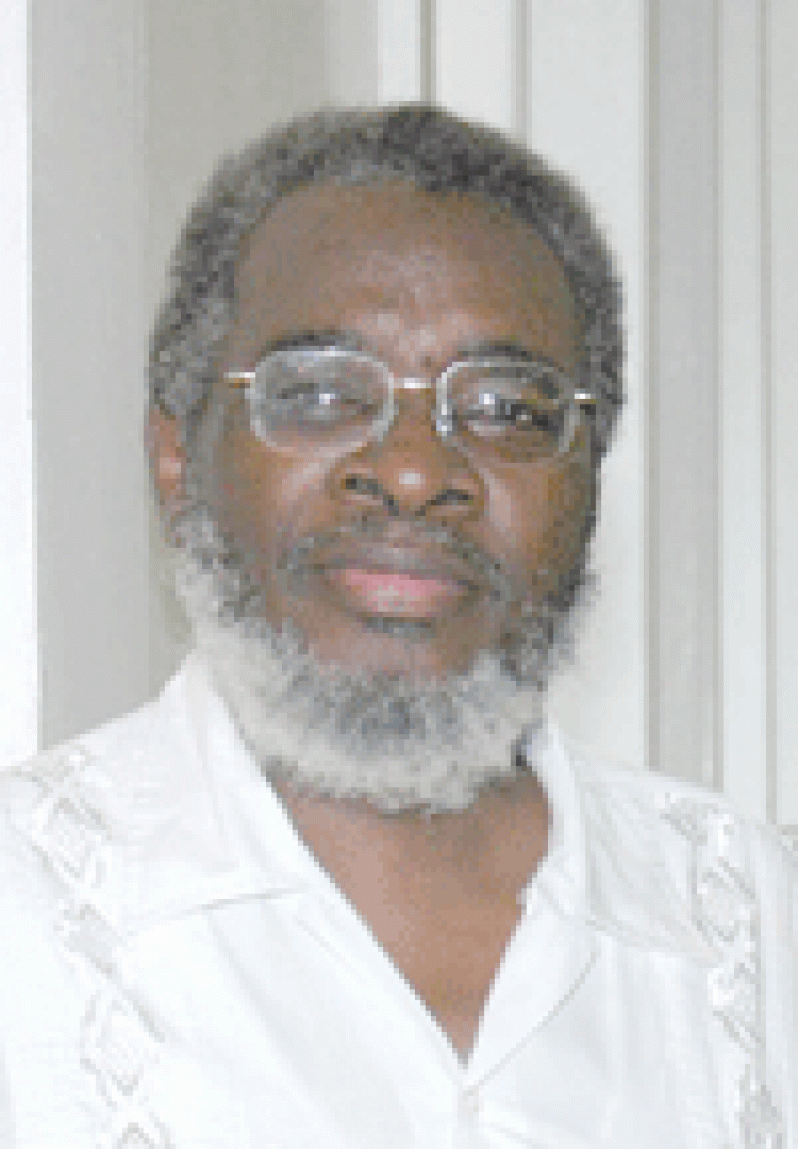CHAIRMAN of the Board of Directors of the National Insurance Scheme (NIS), Dr. Roger Luncheon has said the possibility of reviewing contributions to the NIS would have to be made after consulting with the public.  Responding to questions at his last post-Cabinet media briefing, the Head of the Presidential Secretariat (HPS) alluded to a possible increase to improve the scheme’s revenue.
Responding to questions at his last post-Cabinet media briefing, the Head of the Presidential Secretariat (HPS) alluded to a possible increase to improve the scheme’s revenue.
He noted that the situation with which the scheme is faced is how to increase revenue from contributions and investments while, simultaneously, controlling its expenditure.
Luncheon said contributions could be raised from the 13 percent but would have to come after public consultations.
According to him, the consultations are necessary since such a move would reduce the take home pay of contributors and raise the burden on the employer.
With regard to maintaining the scheme’s viability, the Chairman said that would be dealt with under the five-year actuarial review and that is currently underway, covering the period that ended December 31, 2011.
Luncheon said that process, usually, takes at least six months and the earliest it is likely to be ready is the third quarter of this year.
He said another recommendation could be extending the age of qualification from 60 years and pointed out that it is a well recognised control measure in a world where the cost of health care is expanding.
According to Luncheon, Guyana, constitutionally, offers free health care and it is with this is mind that one has to examine how to control the benefits and one of the well recognised interventions is really to extend the age at which an NIS contributor acquires his/her pension.
THREATENED
“So, instead, where it is 60, schemes such as ours, threatened, similarly, by issues of financial viability have incrementally moved to 60, some to 65, some to 67 and such like,” he explained.
Luncheon said the actuarial review deals with such issues and makes recommendations for the Board, the Executive and Parliament.
About the investment aspect, he said the NIS has diversified its portfolio, moving away from short term paper, such as Treasury Bills, to bigger holdings like the Caricom Headquarters and the Berbice River Bridge.
NIS, recently, acquired the CLICO building in Camp Street, Georgetown and the new long term investment panders to the health of the Scheme, he added.
Meanwhile, last year, Luncheon had quelled the perception that exorbitant expenditure has affected the NIS revenue base.
He said the Scheme has $30 billion in reserve and surpluses are generating yearly but overcoming the challenges of payment to contributors remain to be addressed.
Luncheon had proposed several actions, including the control of the expenditure, in which area he expressed the view that the major issue of backlog in entering the contribution records must be cleared as it has led to a sizeable number of pensioners not being in receipt of their benefits.
The Scheme, exactly a year ago, held a strategic retreat, during which it focused on auto-editing and controls, human resource management, resolving backlog and ensuring financial security.



.jpg)








